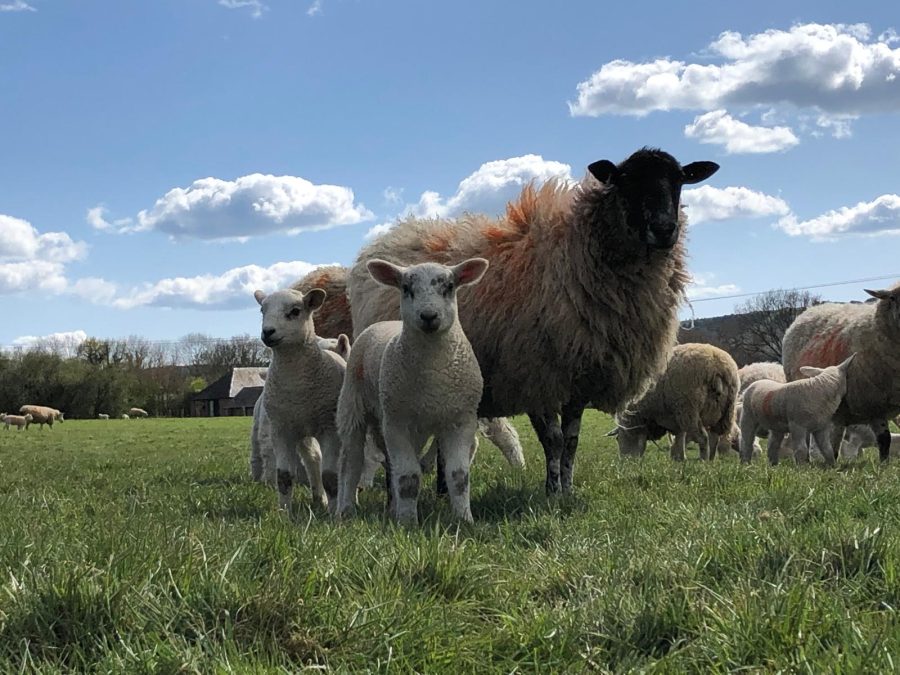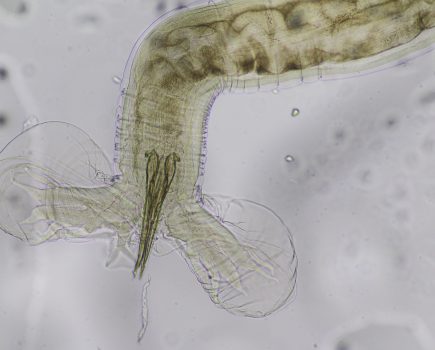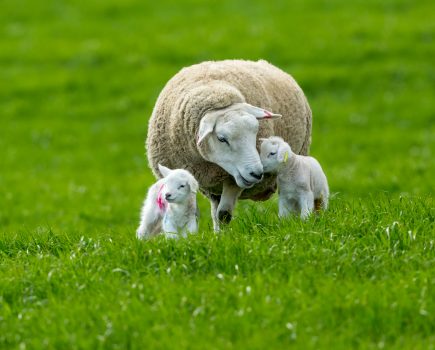Spring has finally arrived, better late than never. We have been very busy with the usual lambing and calving calls. There has been a couple of Caesarean sections due to big calves, but luckily not many dramas. The weather has been the main topic of conversation on farm as the rain hit just as everyone started lambing outside; typical.
The number of coccidia parasites exploded on affected farms due to the wet ground, so we found some extraordinary counts on faecal examination. The highest count we have found so far this year was almost 600,000 oocysts (eggs) per gram of faeces. We normally see counts of around 1,000 to 2,000 oocysts per gram. The lambs recovered very quickly after treatment and are now thriving.
We have seen some herds and flocks affected by Schmallenburg virus causing more empty dams than usual. We are fortunate that foetal malformations have been uncommon. The virus would have been circulating in the midge population last autumn, when the rams and bulls were in. The affected animals are now immune, causing the disease to appear every four to five years as these animals age out of the flock or herd.
We are keeping a close eye on the Bluetongue virus situation as another incursion is likely this summer. Good news is that a vaccine is now available to use in Europe and so hopefully it will not be long before it is available to us. Midges carry Bluetongue virus and are unable to fly in a light wind and so exposed, high ground is the lowest risk pasture. I would advise saving these fields to graze late in the summer and early autumn when the midges are likely to be at their worst.
We have seen a few flocks affected by tick-related disease. One interesting case was a lamb that could not use its back legs at four weeks old and on post-mortem examination was found to have an abscess in the spine. Usually, these spinal abscesses are caused by an infection acquired at birth that spreads around the body. When the sample was cultured at the lab, this case turned out to be Staph. Aureus, a bacteria spread by ticks. This is called tick pyaemia and is uncommon.
Breeding ewes, especially bought-in replacements, should be exposed to ground that has a lot of ticks before they go to the ram. This allows the ewes to acquire immunity to diseases that the ticks may carry before breeding.
I hope you all can start silaging soon as summer gets underway. I am thoroughly looking forward to days out on farm in the sun and my subsequent farmer tan lines!







